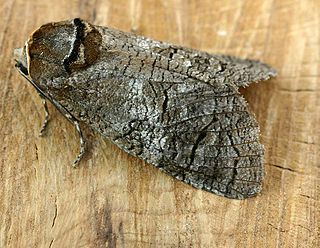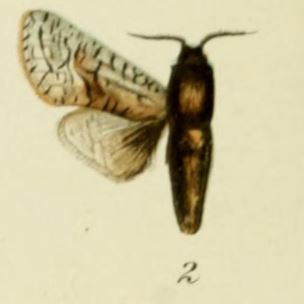Catopta is a genus of moths in the family Cossidae.

Cossus is a genus of moths in the family Cossidae described by Johan Christian Fabricius in 1793.

The Zeuzerinae are a subfamily of the family Cossidae.
Aholcocerus is a genus of moths in the family Cossidae.

Brachylia is a genus of moths in the family Cossidae.
Chinocossus is a genus of moths in the family Cossidae.
Holcocerus is a genus of moths in the family Cossidae.
Isocossus is a genus of moths in the family Cossidae.
Paracossus is a genus of moths in the family Cossidae.
Roepkiella is a genus of moths in the family Cossidae.
Sundacossus is a genus of moths in the family Cossidae.
Bergaris is a genus of moths in the family Cossidae. The species are Southeast Asian, ranging from Myanmar and Vietnam to Sulawesi.
Lakshmia is a genus of moths in the family Cossidae endemic to southeast Asia.
Rapdalus is a genus of moths in the family Cossidae.
Skeletophyllon is a genus of moths in the family Cossidae.
Tarsozeuzera is a genus of moths in the family Cossidae.
Trismelasmos is a genus of moths in the family Cossidae.
Sansara is a genus of moths in the family of Cossidae.
Deserticossus is a genus of moths in the family Cossidae.
Roepkiella artushka is a moth in the family Cossidae. It was described by Yakovlev in 2006. It is found in southern Thailand and Vietnam.

